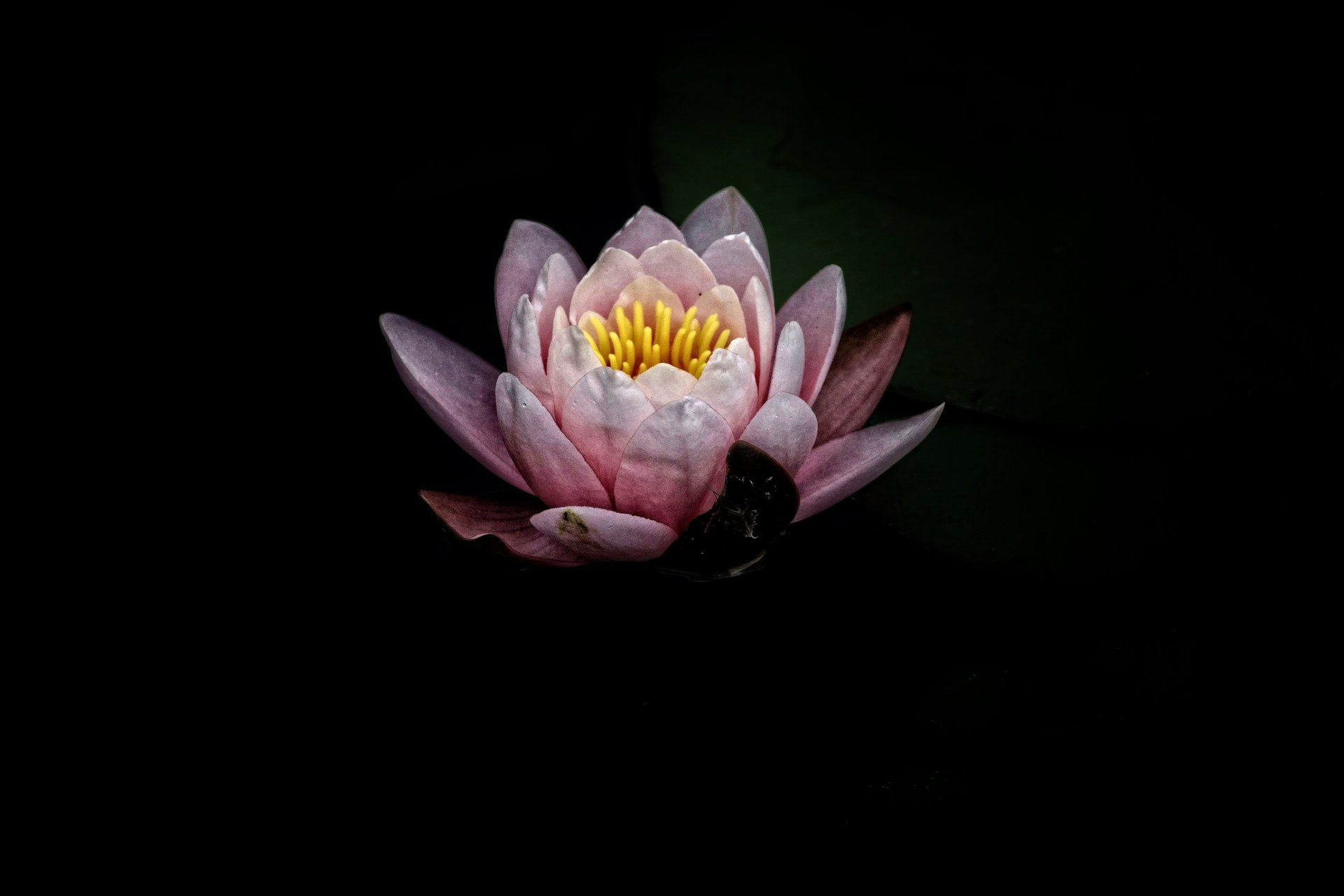Winter Turns into Spring - The Blog
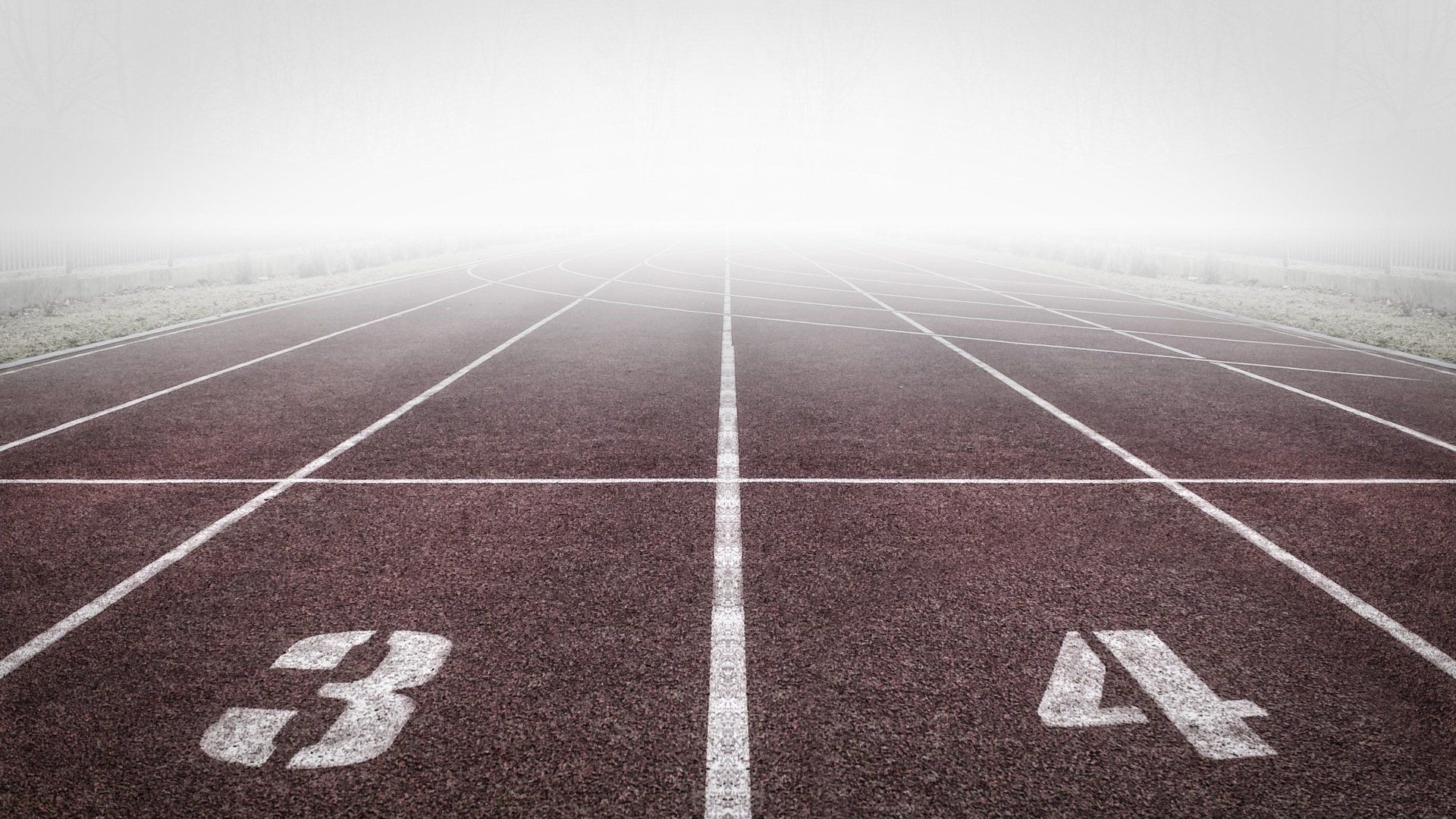
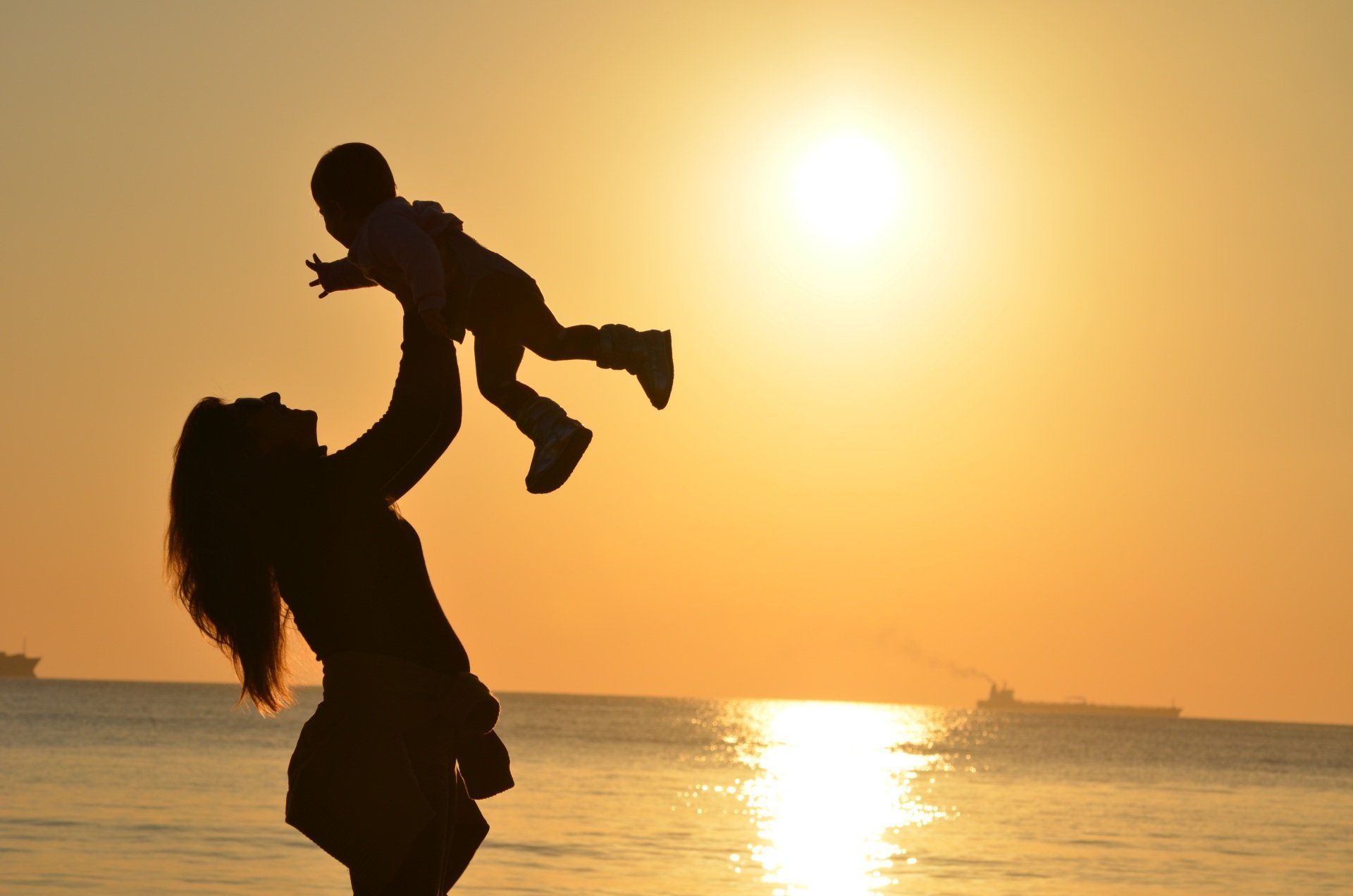
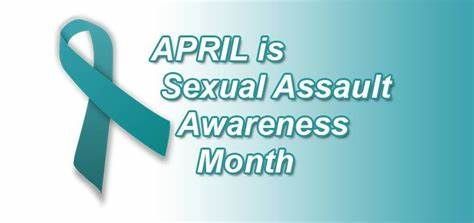
Self-Compassion: taking care of ourselves when we are suffering.
After a very challenging 2020, it is more important than ever for us to turn towards ourselves with loving kindness and compassion, especially when we are going through difficult times. For many survivors of Child Sexual Abuse, the pandemic is bringing up a lot of old pains and more challenges. How can we practice Self-Compassion?
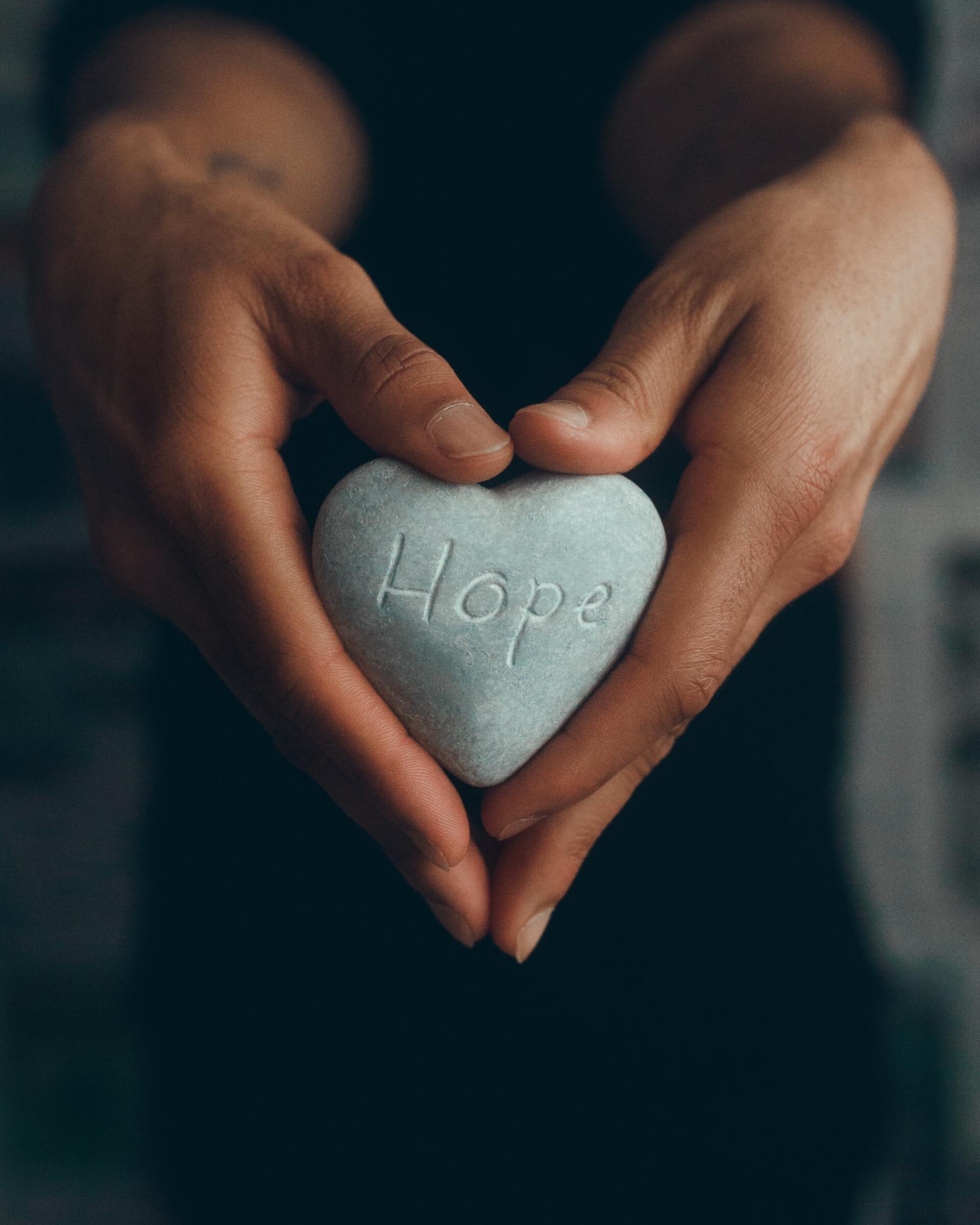
In his book, The mindful Path to Self-Compassion, Christopher Germer, PhD, describes self-compassion as acceptance of ourselves while we are in pain. When we practice self-compassion, we are learning to take care of ourselves because we are suffering. This entails giving up the idea of getting rid of suffering and, instead, gently turning our awareness towards it.
Years ago, I was feeling suicidal. I tried everything I could possibly do to elevate my mood - daily walk to the park, reading, chanting, painting, writing. I even booked a day trip to the sea side. Nothing seemed to work and my despair grew. I overdosed and ended up in hospital. A member of the Home Treatment Team came to visit me the following evening of my discharge. I was asked if I was still feeling suicidal and then if I had tried to read the newspaper. I laughed: "I have tried everything already, nothing works!!" Overdosing on medication was my last resort.
Most self-help tools are based on the intention to lessen the pain by distraction. When we experience suffering, we are encouraged to find things to be grateful for, to have a walk, to have a bath, to think positive and so on. What we are in fact doing is pushing the feelings and emotions away. Although this might bring some sort of relief, it will only be temporary and it can have a rather damaging impact in the long run.
Suffering is part of life, we can't get rid of it and any attempt to do so will only increase it. It is part of the human experience to go through challenging times and to feel down or stressed as a result. It is also only human to want to be rid of it. As survivors of child sexual abuse, we know too well what suffering is. The thought of turning towards our pain might terrify us. We might think we will get overwhelmed by it all, after all this is how we have survived for so long: by distancing ourselves from our experiences. Addictions, mental illnesses or so called "disorders" are, in fact, very natural and human reactions to stress, abuse or trauma. They are survival mechanisms. We are clever human beings who have done our best to stay alive despite our traumatic experiences.
We can start by taking a few minutes, to acknowledge this is a difficult time for us: "Wow, this is really tough! I am really having a hard time with this." or "I am feeling really sad/ lost/ confused" It isn't being negative to honestly acknowledge how we are really feeling. We then scan our body to localise where we carry the stress, the sadness, the anger. Do we carry it on our shoulders? Our chest? Our stomach? When we find it, we breath through it, gently. We remind ourselves it isn't about getting rid of the pain or discomfort but about holding space and loving ourselves through it, as much as we are able to, anyway. No pressure. It isn't about doing it right either. We can put our hands on our chest, or in the area where we carry the emotion, as a sign of tender loving care. "I am sorry you are going through this. I am here." We sooth ourselves. We can send love, using our breath. We start by softening the edges of the pain. If it gets too much we can stop. We can open our eyes anytime.
Here is a great meditation to help you through the process:
You can find more meditations and exercises on Kristin Neff, PhD, website. Self-Compassion
Take gentle care of yourselves.
Love and light,
Sylvie


